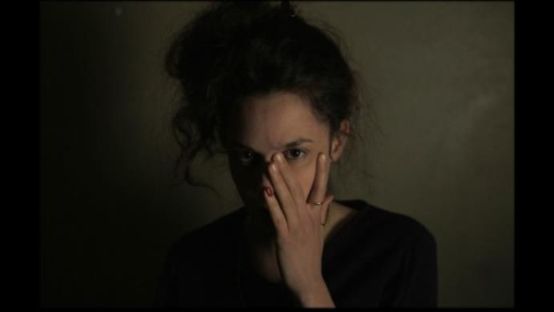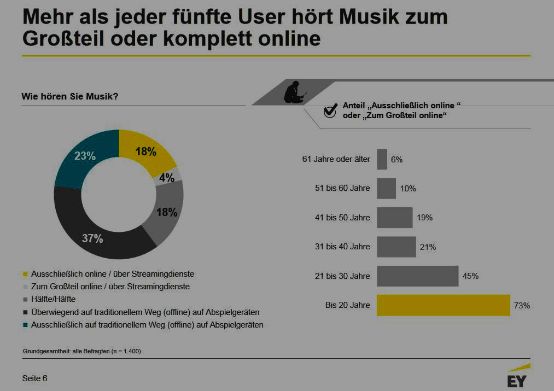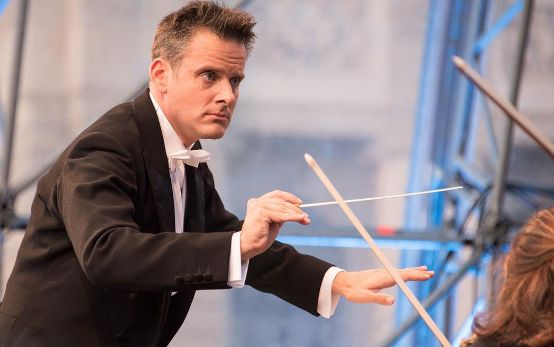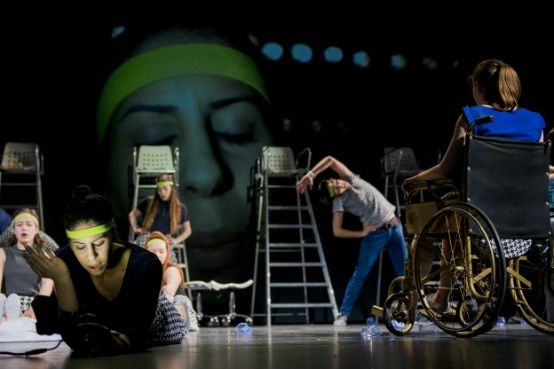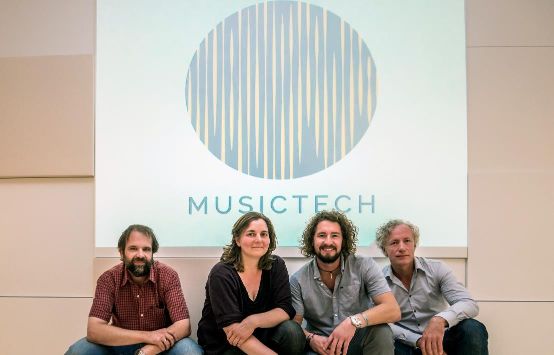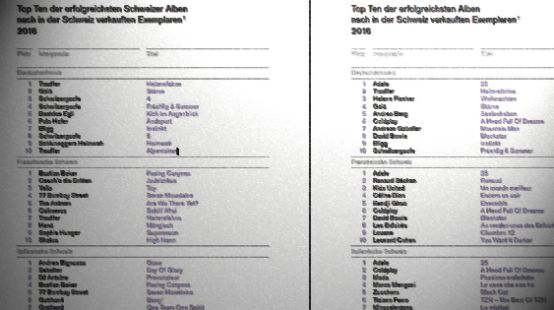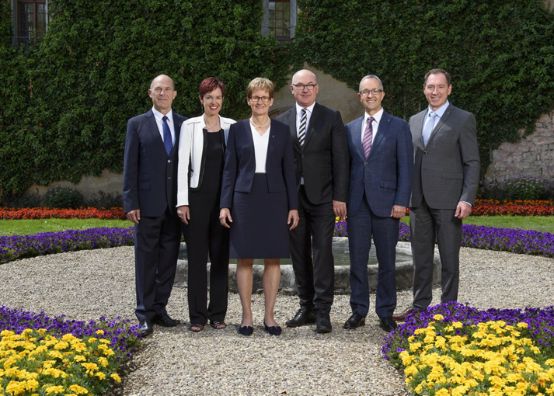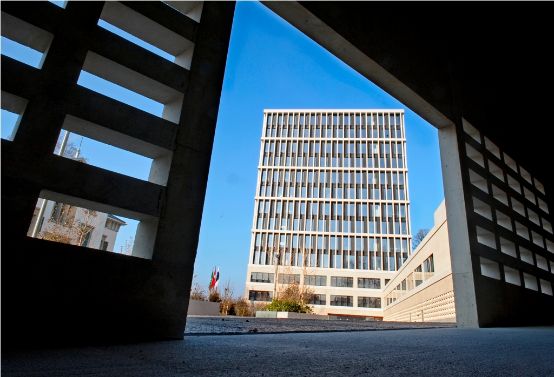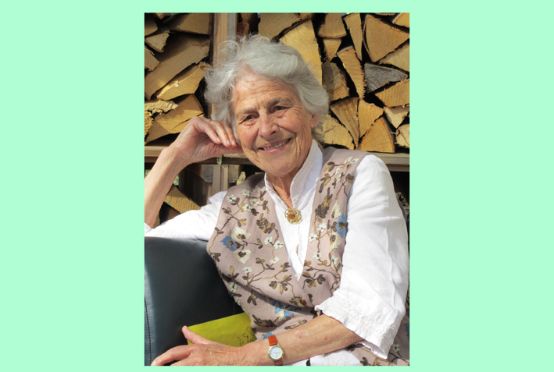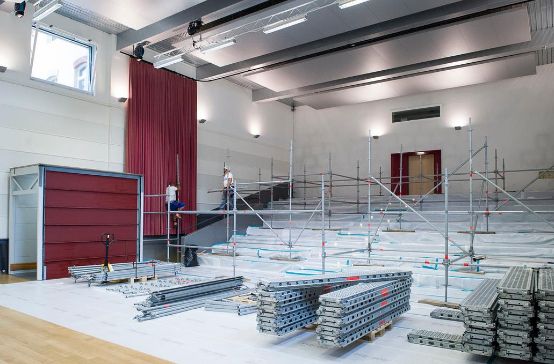"a sei voci" in the Parco delle Gole della Breggia
Beat Furrer's latest work "a sei voci" for six solo female voices will be premiered in an unusual setting - the spectacularly scenic Parco delle Gole della Breggia in Ticino.
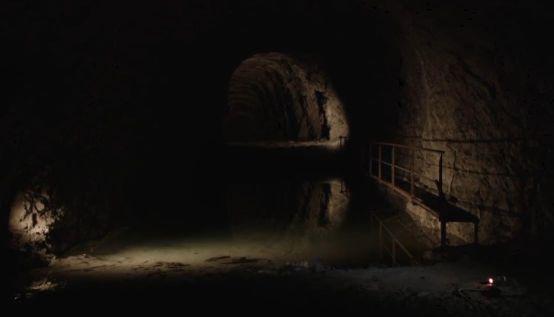
Furrer's work will have its world premiere on August 20, 2017 (repeat: August 27) On their two-day pilgrimage "La Via Lattea", the participants will follow Orpheus' footsteps to the underworld with music from the 15th to the 21st century.
The disused cement gallery in the geological park is one of the unusual performance venues. Furrer's vocal sextet with the text of the Bacchante Chorus from Alessandro Striggio's Orpheus libretto will be heard for the first time on this hike: It is the text to which Claudio Monteverdi's music from his opera "L'Orfeo" has been lost. The ensemble Vox Àltera presents this event under the direction of Massimiliano Pascucci.
More info: www.teatrodeltempo.ch






